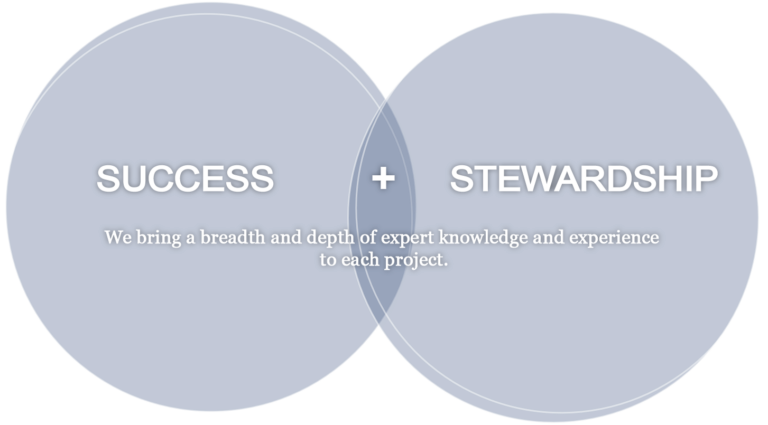
Environmental, cultural and social stewardship are not just compatible with business success – they are essential to it.
At IEG, we strive to contribute our technical expertise and resources to help improve ecological, cultural, and social wellbeing through donations and volunteer efforts.
IEG has created an annual Soil Science Scholarship totalling $2,000 for outstanding third or fourth year undergraduate students or graduate students in the Faculty of Land and Food Systems studying or researching land rehabilitation in Soil Science. A number of IEG staff are alumni of the Faculty of Land and Food Systems at the University of British Columbia, so we are glad to be able to give back in this way. Preference for scholarship recipients is given to Indigenous and female students. The scholarships are made on the recommendation of the Faculty of Land and Food Systems and, in the case of a graduate student, in consultation with the Faculty of Graduate and Postdoctoral Studies. The first IEG Soil Science Award was awarded for the 2020/2021 winter session.
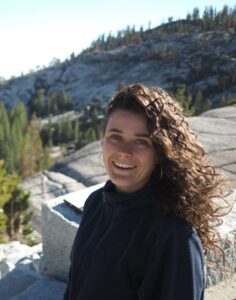
Congratulations to Sasha Pollet, for being the 2023 IEG Soil Science Scholarship recipient!
Sasha is a PhD Candidate in Soil Science and has done research in Belgium, France, Mexico and Canada. Through her research, Sasha wants to deepen the understanding of complex soil-root-plant interactions and the role of roots in acquiring nutrients and storing carbon in the soil. In doing so, she wants to develop an integrative research approach that can be scaled up to maintain crop production while reducing the need for fertilizers and increasing soil-plant resiliency to climate change.
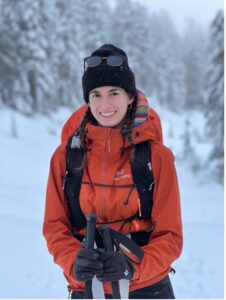
Congratulations to Asha Wareham, for being one of the 2022 IEG Soil Science Scholarship recipients!
Asha Wareham is a B.Sc. student in Global Resource Systems with a specialization in sustainable agriculture and soil science. Asha’s research interests include managing soil nutrient dynamics and soil organic matter for improved climate adaptation and mitigation outcomes in regenerative agroecosystems, which she looks forward to pursuing in future graduate studies. As a seasoned farmworker in diversified cropping systems, Asha is passionate about considering agricultural management decisions with a research lens, advocating for farmer priorities within academia, and exploring the responsibilities and reconciliation needed to support indigenous sovereignty within provincial land and food systems.
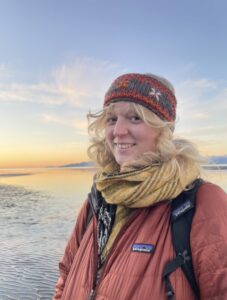
Congratulations to Olivia Sheena, for being one of the 2022 IEG Soil Science Scholarship recipients!
Olivia is completing her undergrad at UBC studying Applied Biology with a specialization in sustainable agriculture and environment. Her love for soil has grown through taking classes with Maja Krzic and Sandra Brown, as well as through spending 2 summers with her hands in the soil working at Swift River Farm in Idaho. She is passionate about regenerative agriculture practices and their importance in improving soil quality to support sustainable crop production. Soil critters particularly fascinate her, so soil biology is her favourite area to learn about! In Oliva’s free time she enjoys camping, crafting, and playing with her dog.
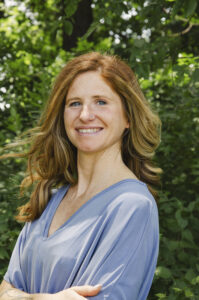
Congratulations to Jordy Kersey, for being IEG’s second annual Soil Science Scholarship recipient!
Jordy Kersey (MSc) is currently a PhD candidate in soil science working with Dr. Sean Smukler, in the SAL lab. Her research is focused on the impact of regenerative agricultural practices on climate breakdown mitigation and adaptation in the lower Fraser Valley, British Columbia. Specifically, she is investigating how agricultural management practices influence soil carbon and nitrogen cycling, greenhouse gas emissions, and soil water regulation. Jordy is passionate about working towards a more sustainable future and finding meaningful ways to improve agricultural systems to combat climate crisis while continuing to feed our world. Beyond academics, Jordy is an avid cookie baker, traveler, and enjoys long hikes through the forests of the PNW.
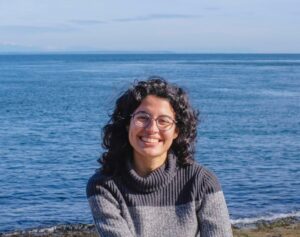
Congratulations to Paula Resque Porto, for being IEG’s first annual Soil Science Scholarship recipient!
Paula Resque Porto is a M.Sc. Soil Science student in the Sustainable Agricultural Landscapes (SAL) lab at UBC, under the supervision of Dr. Sean Smukler. The goal of her research is to improve provincial and national greenhouse gas (GHG) emission estimates for blueberry agroecosystems in British Columbia (BC). Her project explores the relationship between soil water and soil GHG emissions by quantifying the effect of different artificial drainage strategies used in blueberry fields in Delta, BC – a project funded by the Agriculture and Agri-Food Canada Agricultural GHG Program (AAFC AGGP).
IEG is proud to announce that it has offset 100% of its carbon emissions! Starting in 2011, IEG has undertaken a comprehensive assessment of our corporate carbon footprint (direct emissions, purchased energy, air travel, etc.) to track our carbon footprint, to help identify areas of potential reduction, and to provide metrics for participation in carbon offsetting programs. To date, we have offset 560 tonnes of carbon and are excited to continue do our part to reduce our environmental impact through offsets and other activities. Please see below for our annual usage of CO2, and where we purchased our offsets from:
2012 – this was IEG’s base carbon footprint analysis year. The analysis indicated that IEG total emissions were 64.3 tonnes of CO2. IEG purchased carbon credits through the Cowichan Valley’s Community Carbon Marketplace (CCM). The CCM directs offsetting dollars back to the communities where they originate and monetizes locally-generated carbon credits, building community resilience.
2013 – 67.7 tonnes of CO2 were offset through the CCM.
2014 – 52.74 tonnes of CO2 were offset through the CCM.
2015 – 64.36 tonnes of CO2 were offset through the CCM.
2016 – 44.7 tonnes of CO2 were offset through the CCM.
2017 – this year IEG did not do a carbon footprint analysis. Instead we retrospectively purchased 79.4 tonnes of CO2 (based on the 2019 when we had a significantly bigger team and therefore a larger carbon footprint). Our CO2 was offset through the purchase of carbon credits with the Bonneville Environmental Foundation (BEF). Through BEF we purchased offsets with the Kasigau REDD+ Project. Our purchase helps to prevent the destruction of these forests by providing sustainable economic alternatives to rural communities. The project now benefits over 100,000 rural Kenyans, through the distribution of carbon revenue, providing a low-carbon development pathway for the project area’s rural communities. Job creation is the core conservation strategy. Additionally, the project has created regional development of education, water access, women’s empowerment and small enterprise business opportunities, while agricultural intensification methods stop slash and burn and enhance food security. This video provides more information about the project.
2018 – similar to last year, we did not do a carbon footprint analysis and instead we retrospectively purchased 79.4 tonnes of CO2 with BEF. Through BEF, we purchased offsets from wind projects from across the United States. The renewable energy created by wind farms displaces the carbon emissions from traditional energy sources such as coal and natural gas.
2019 – based on our carbon footprint analysis, 79.4 tonnes of CO2 were offset through BEF. We purchased offsets with the Doe Mountain Forestry Offset Project which is located on more than 8,000 acres of mixed hardwoods in northeast Tennessee. It provides regular income stream for the recreation area’s trail and infrastructure improvements while conserving Doe Mountain’s visually stunning landscape for future generations. Prior to 2017, this land had no protections in place until the Doe Mountain Recreation Authority Board voted unanimously to increase the Doe Mountain forest carbon storage above the baseline level over a 40-year period, protecting the land from alternative scenarios such as subdivision and development or timber harvesting.
2020 – we purchased two categories of offsets for this year, including carbon offsets, and renewable energy certificates (RECs).
Carbon offsets: 29 tonnes of CO2 were offset through the Bonneville Environmental Foundation (BEF). The following two projects were supported:
Blandin Forestry, in Minnesota – “Using Smart Forestry practices, Blandin Forestry project maintains the diversity of natural forest communities by reducing harvest impacts as well as mitigating climate change. These practices promote ecologically-sustainable production in a manner that is compatible with managing water quality and natural habitats for fish, wildlife, and plant-life to ensure the vitality of the forests.”
Agrocortex REDD Project, in Brazil – “Located in the heart of some of the most threatened forests on the planet and an important biodiversity corridor that connects the Andes to the Amazon, this project was the winner of the best Carbon Offsetting Project of 2020 in the Environmental Finances Voluntary Carbon Awards. In addition to being a safe haven for over 400 species of birds, this project also generates positive social and economic impacts in one of the poorest areas of Brazil.”
RECs: 23 RECs were purchased through the BEF. The following two projects were supported:
Lime Wind Project, in Oregon – “This 3 MW wind project near Baker City, Oregon uses 12 refurbished Mitsubishi wind turbines, each generating up to 250 kilowatts of renewable energy.”
Green Meadow Solar, in Montana – “Outside of Helena, Montana, this solar project contains ground mount, single tracker PV’s capable of producing enough energy to power 396 Montana homes.”
2021 – awaiting results of IEG’s carbon footprint analysis.
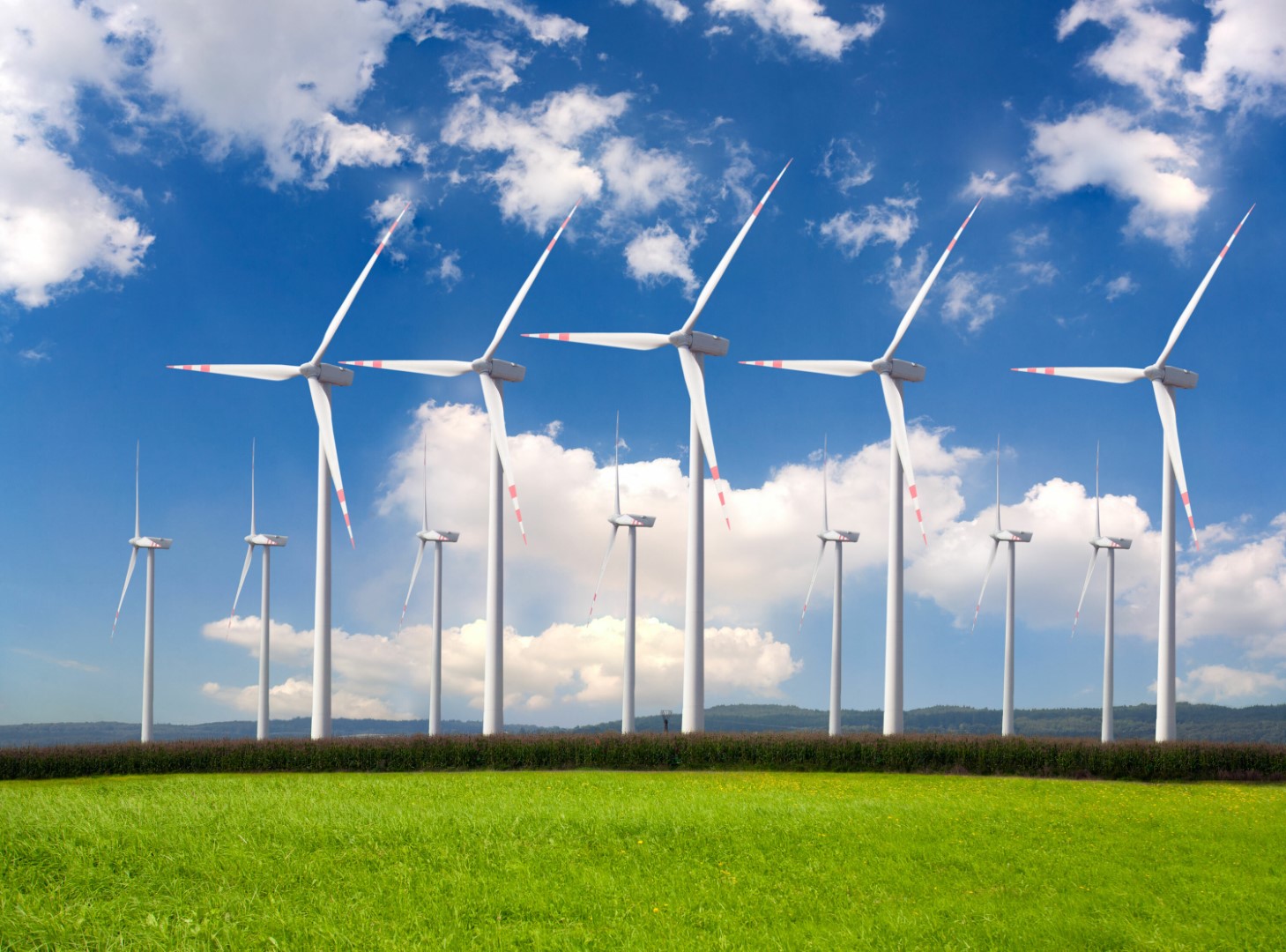
From 2011-2023, IEG was registered as a corporate member of the “1% for the Planet” program. Members give 1% of revenues directly to any of the approved nonprofit environmental organizations in 1%’s network. During that timeframe, IEG donated over $200,000 to the following nonprofits: